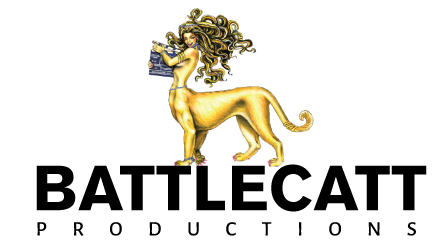Cool Daddy
by A. Lisa Walden
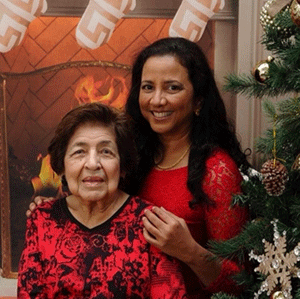 In the summer of 1963 I was a six year old in pigtails anxiously anticipating a road trip with my family that would take us from New York to Louisiana in less than two days. My father’s two-toned, surf green and pearl white 1960 Chevy Bel Air parked in front of our Long Island suburban home gleamed after a recent wash. The chrome tail fins reflected the bright sunlight like a sizzling fourth of July flare. The design of the car was inspired by the slick shinning jet planes of the day, a design for the future and the promise of better things to come.
In the summer of 1963 I was a six year old in pigtails anxiously anticipating a road trip with my family that would take us from New York to Louisiana in less than two days. My father’s two-toned, surf green and pearl white 1960 Chevy Bel Air parked in front of our Long Island suburban home gleamed after a recent wash. The chrome tail fins reflected the bright sunlight like a sizzling fourth of July flare. The design of the car was inspired by the slick shinning jet planes of the day, a design for the future and the promise of better things to come.
My father, mother, three older brothers and I would be visiting maternal relatives in New Orleans for the first time as a family. With the two adults in the front seat and the four children ages 6 to 12 piled strategically in the back seat of the car, we steeled ourselves for the long journey with pillows,
blankets and small items of diversion such as crayons, paper and comic books. We accelerated towards our great adventure on a clear August Saturday morning.
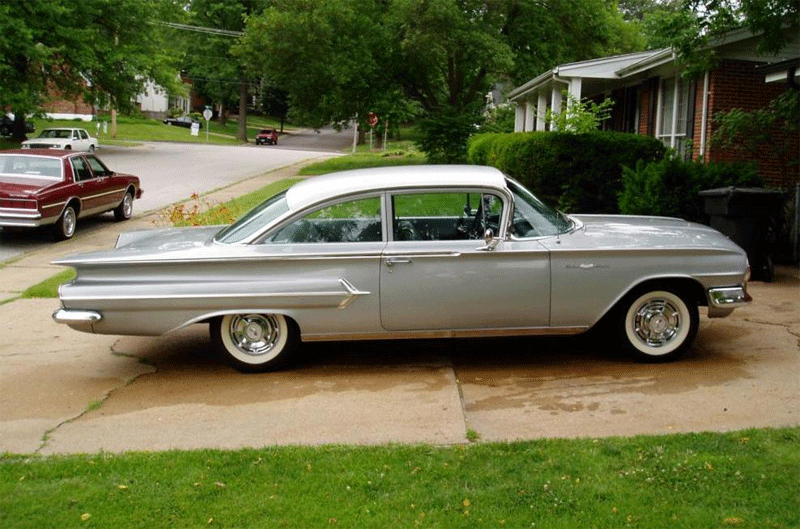
My father, Bobby, wearing a sand colored straw fedora with a tiny shock- red feather spray tastefully tucked in its brown ribbon band commanded the wheel. My mother, Betty, with her black hair cut short in a sunburst bouffant style popular of the era would be my visual vantage from my window seat at the rear of the car for our road trip.
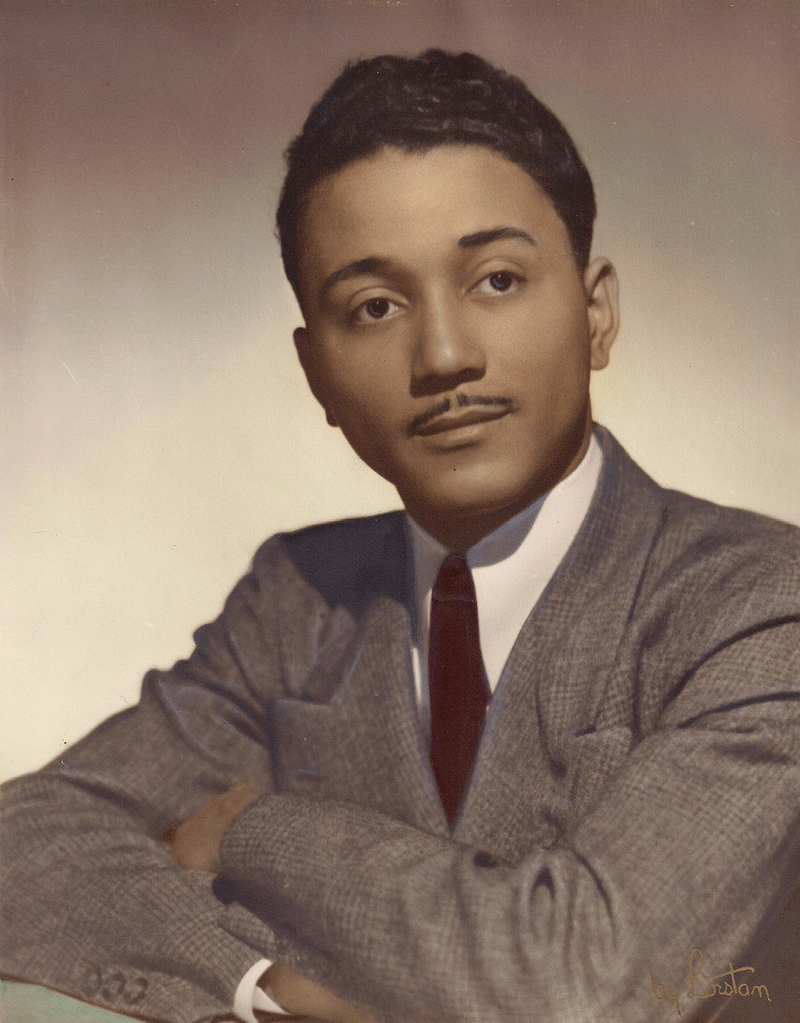 This was the swinging 60’s and cool would be the best description of my father’s fashion style. My fondest memories of him were of his primping for a Saturday night. If the affair was the slightest bit formal, Daddy would have his off the rack tuxedo laid neatly out on his bed as he prepared for his night on the town. The music of Count Basie filled the house as the aroma of cinnamon and cloves from his Old Spice cologne permeated the air. I was filled with love for my father. Cocoa brown skin, dapper moustache and a powerful build on his short frame from years of carrying luggage as a SkyCap at Idlewild Airport. My father was my ideal perception of what a man should look like, dress like, in my impressionable child’s mind.
This was the swinging 60’s and cool would be the best description of my father’s fashion style. My fondest memories of him were of his primping for a Saturday night. If the affair was the slightest bit formal, Daddy would have his off the rack tuxedo laid neatly out on his bed as he prepared for his night on the town. The music of Count Basie filled the house as the aroma of cinnamon and cloves from his Old Spice cologne permeated the air. I was filled with love for my father. Cocoa brown skin, dapper moustache and a powerful build on his short frame from years of carrying luggage as a SkyCap at Idlewild Airport. My father was my ideal perception of what a man should look like, dress like, in my impressionable child’s mind.
My parents switched shifts driving in order to make good time with the least amount of rest stops possible despite four antsy children. My mother had packed as much food as she could in the cooler in the trunk that shared space with our suitcases but that was quickly devoured after the first day.The drive was becoming claustrophobic for us all; we had long run out of things to talk or squabble about and the only respite from boredom was our car radio from which we heard wonderful summer songs such as ‘He’s So Fine’ by a group of Bronx teenage girls called the Chiffons and the Quincy Jones produced Leslie Gore hit ‘It’s My Party’. One station would play Little Stevie Wonder, Jan & Dean, Elvis Presley and James Brown all within an hour of music.
I noticed a change in my parents once we passed Greensboro, North Carolina. Their conversation picked up momentum but maintained a discreet, barely audible volume. What I was too young to understand at the time was that this past June NAACP’S field secretary Medger Evers was murdered outside his Jackson, Mississippi home. There was great tension among the races in America and it seemed this summer the melting pot of America was coming to a furious boil. The most frightening internal time in US history since the Civil War was at its precipice the summer of 63’. Unknown to us all would be the impending horrors to come- the death by bombing of four little Black girls in their Birmingham, Alabama church in September and the assassination of America’s President John F. Kennedy in November.
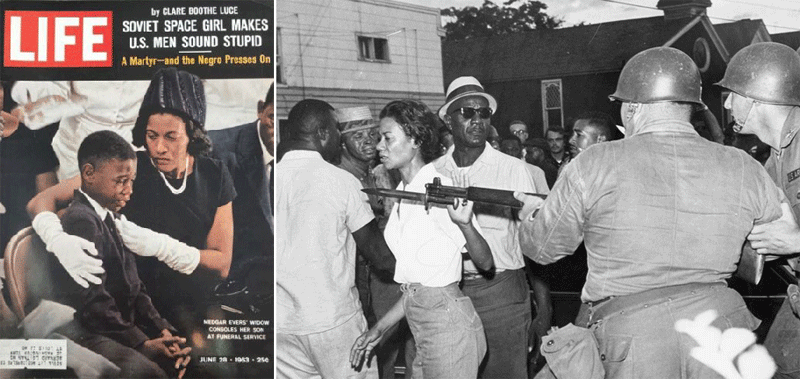
The reality of the ugliness of racial discrimination crystallized in my young mind on what should have been an innocuous summer family road trip. We were a few miles outside of Chattanooga, Tennessee when our hunger kicked in and my father pulled into the first roadside restaurant, a shack really, that he could find.
We children were restless from the cramped ride, aching to stretch our legs, but my mother quieted us down and watched tentatively as my father got out of the car, walked past the front entrance of the restaurant towards the rear and approached a broken back screen door.
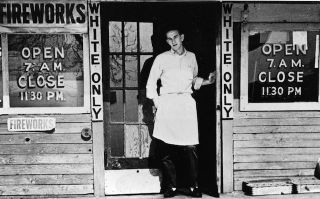
A large-framed, middle-aged white woman and a tall, reedy white man in a greasy apron responded to my father's knocking and stood at the unopened door. My father, body embowed, removed his hat and clutched it to his chest as he spoke in a hushed manner to the couple, pointing in our direction several times until the couple disappeared, leaving my father, hat still tightly clutched to his chest, standing outside the screen door for what seemed like an eternity. Finally, the screen door opened and the woman thrust three brown paper bags at my father. Daddy gave the woman some money and the screen door slammed, hinges clattering from the force.
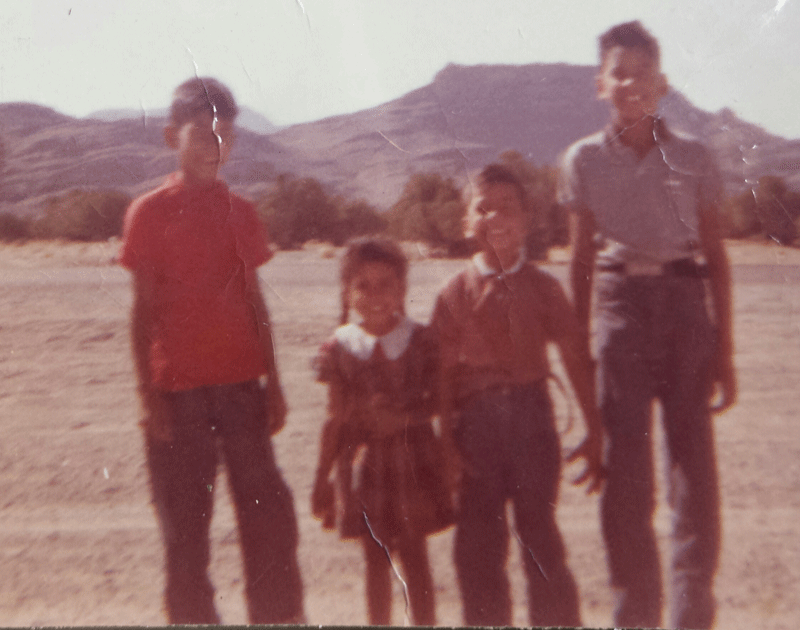 My father returned to the car with not one word spoken. There was a heavy silence as my mother handed out the hamburgers to everyone in the car. There was silence as we drank our bottled cola’s. On the radio was the Crystal’s hit song, ‘Then He Kissed Me’. It was the summer and we were on vacation.
My father returned to the car with not one word spoken. There was a heavy silence as my mother handed out the hamburgers to everyone in the car. There was silence as we drank our bottled cola’s. On the radio was the Crystal’s hit song, ‘Then He Kissed Me’. It was the summer and we were on vacation.
